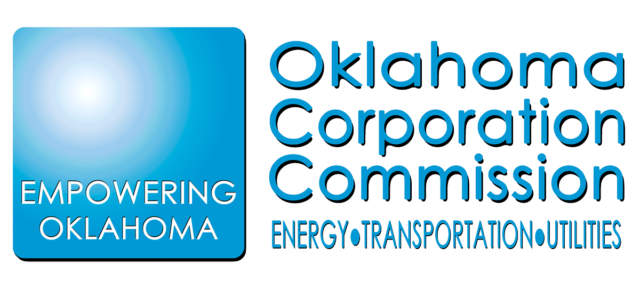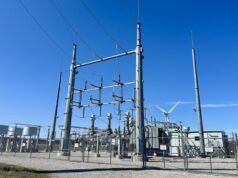It’s déjà vu for those of us who remember the Tax Reform Act of 1986. The Tax Reform Act of 1986 lowered federal corporate-income tax rates from 46 percent to 34 percent, modified depreciation provisions and otherwise changed the ways corporate taxes were calculated, resulting in substantial income tax savings for utilities. Many state regulators took timely action to ensure the savings were immediately passed on to utility ratepayers rather than creating a windfall for utility companies.
How Oklahoma ratepayers benefited in 1986
At the time in Oklahoma, the Corporation Commission staff entered into separate settlement agreements with many utilities to change the status of rates from permanent to temporary rates, and the Commission entered orders adopting those settlements. This allowed the Commission time to determine tax savings while ensuring those savings would not be retained by the utilities through regulatory lag.
Making rates temporary enabled the Commission staff to undertake the complex task of evaluating all impacts to current and deferred income tax expense resulting from changes in the law. Furthermore, as regulators know, significant timing differences exist between:
- when a utility recognizes certain revenue and expenses for payment of income taxes, and
- when the related, deferred tax expense is collected from ratepayers.
As a result, utilities have recorded deferred tax assets and liabilities on their books over time at greater federal income tax rates than those of the current congressional legislation.
Recent tax bill introduces uncertainty
This time, however, regulators must act immediately to avoid retroactive ratemaking, as the Jan. 1 effective date for the federal corporate-income tax legislation will drop rates from 35 percent to 21 percent.
Regulators know public-utility rates include a component for federal income taxes, but the recently signed new Tax Cuts and Jobs Act introduces uncertainty into the market. For example, if new the legislation significantly decreases the amount of income taxes that regulated utilities pay to the federal government, shouldn’t ratepayers get lower rates? Further, can single-issue ratemaking be used? How should state utility commissions address the ratemaking implications of the new legislation?
Regulators should consider flowing these corporate-income tax savings to ratepayers as well. Potentially, all public-utility ratepayers could benefit, including low-income utility customers.
(Editor’s note: This commentary originally appeared in a press release emailed Dec. 21, 2017, from the Oklahoma Corporation Commission. It has been edited for style and re-structured from its original version.)






















